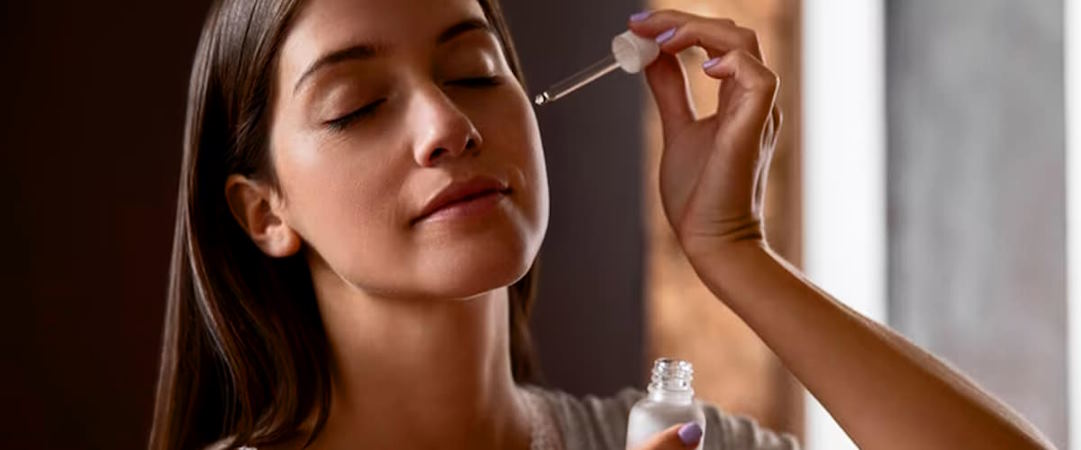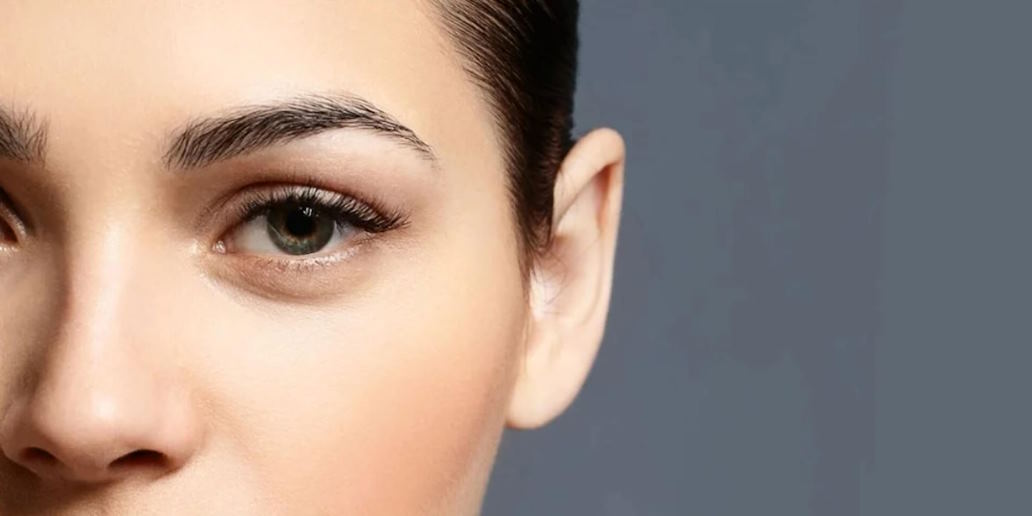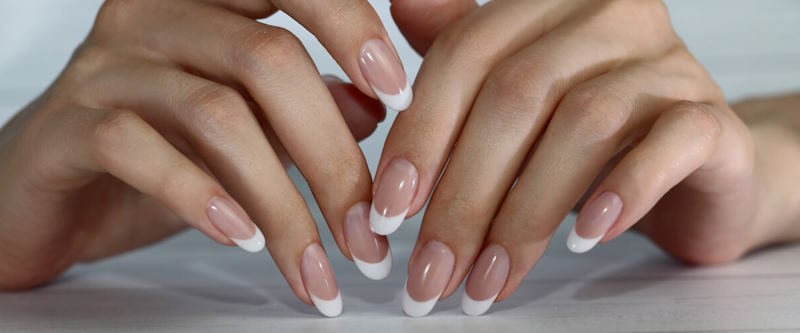
Home » Cosmetics & Beauty Products » Common Mistakes When Choosing Cosmetics: How to Avoid Them for Healthier Skin
Common Mistakes When Choosing Cosmetics: How to Avoid Them for Healthier Skin
Choosing cosmetics can be overwhelming, with shelves filled with countless products promising miraculous results. However, amidst the excitement of trying new beauty products, it’s easy to make mistakes that can harm your skin rather than enhance its health and appearance.
Ignoring Skin Type and Concerns
One of the most common mistakes people make when choosing cosmetics is failing to consider their skin type and specific concerns. Each person’s skin is unique, and they have different needs and sensitivities. Using products unsuitable for your skin type can lead to adverse reactions such as irritation, breakouts, or dryness. Before purchasing any cosmetic product, take the time to assess your skin type (dry, oily, combination, sensitive) and any specific concerns you may have (acne, aging, hyperpigmentation). Look for products formulated to address your skin’s needs and concerns to achieve optimal results without causing harm.

Falling for Marketing Hype
With flashy packaging and bold claims, it’s easy to fall for marketing hype when shopping for cosmetics. However, not all products live up to their promises; some may even contain potentially harmful ingredients. Avoid being swayed by extravagant marketing claims and instead focus on the product’s ingredients and formulation. Look for cosmetics backed by scientific research and containing high-quality, skin-loving ingredients. Reading reviews from trusted sources and consulting dermatologists or skincare professionals can also help you make informed decisions when choosing cosmetics.
Skipping Patch Tests
Another common mistake many people make when trying new cosmetics is skipping patch tests. Patch testing involves applying a small amount of product to a discreet skin area, such as the inner forearm, and monitoring for adverse reactions over 24-48 hours. This simple step can help identify allergies or sensitivities to certain ingredients before applying the product to your face or other visible areas. Even if a product is labeled as “hypoallergenic” or “gentle,” it’s still important to perform a patch test, especially if you have sensitive skin or a history of allergies.
Overlooking Expiry Dates
Cosmetics, like food items, have expiry dates that indicate the product’s shelf life. Using expired cosmetics can lead to bacterial growth, loss of efficacy, and potential skin reactions. Make it a habit to check the expiry dates of your cosmetics regularly and discard any products that have passed their expiration date. Additionally, pay attention to the “period after opening” (PAO) symbol, indicating how long the product remains safe for use. Using cosmetics beyond their PAO period can increase the risk of contamination and skin irritation.



